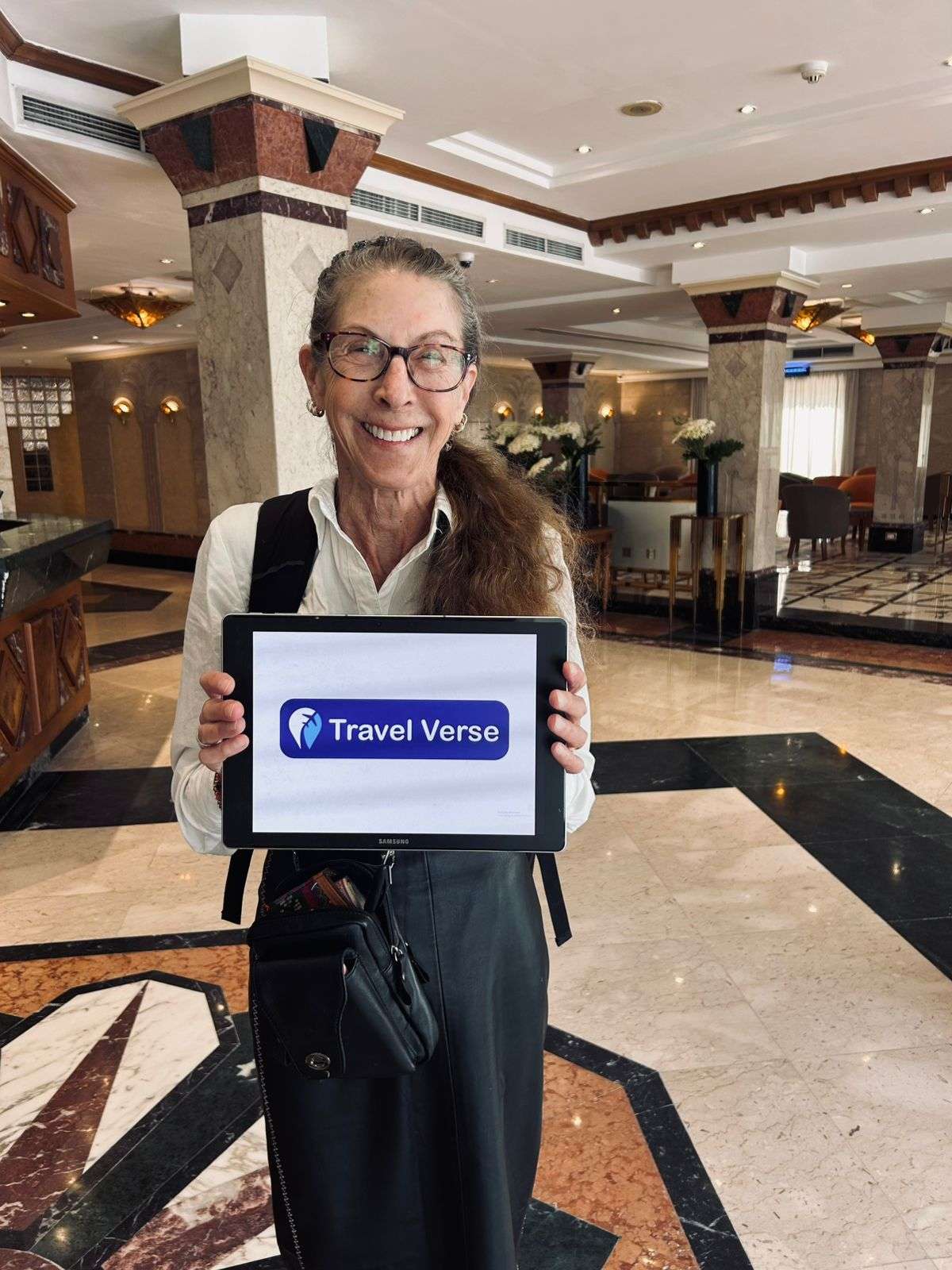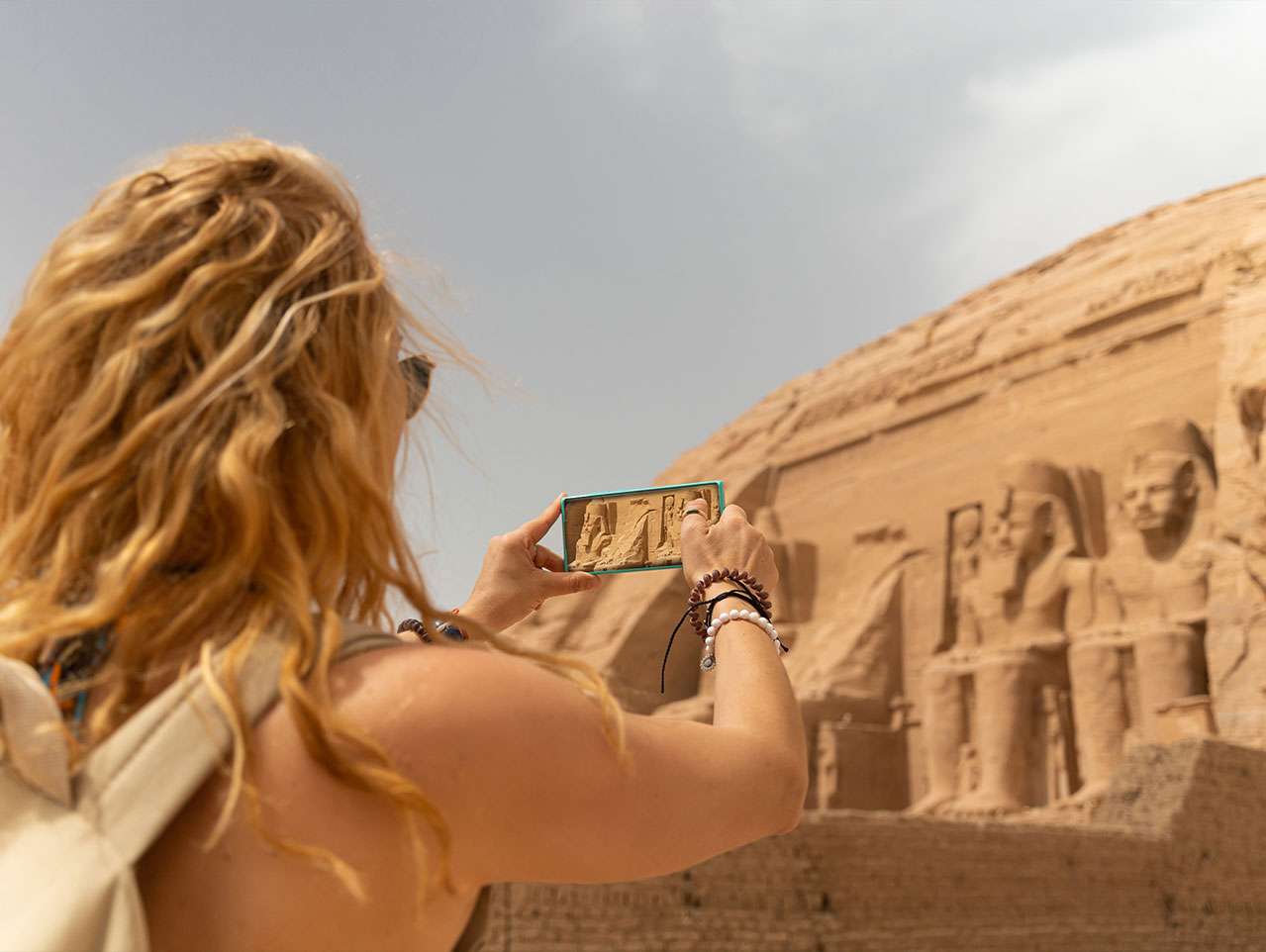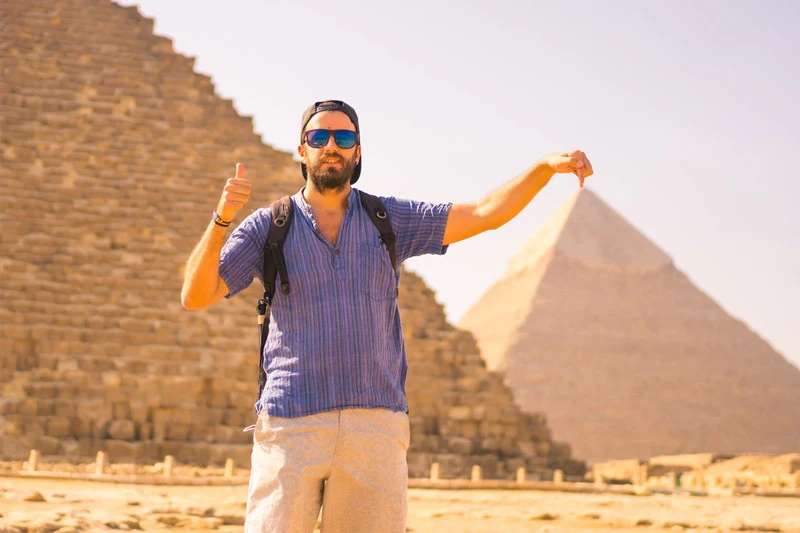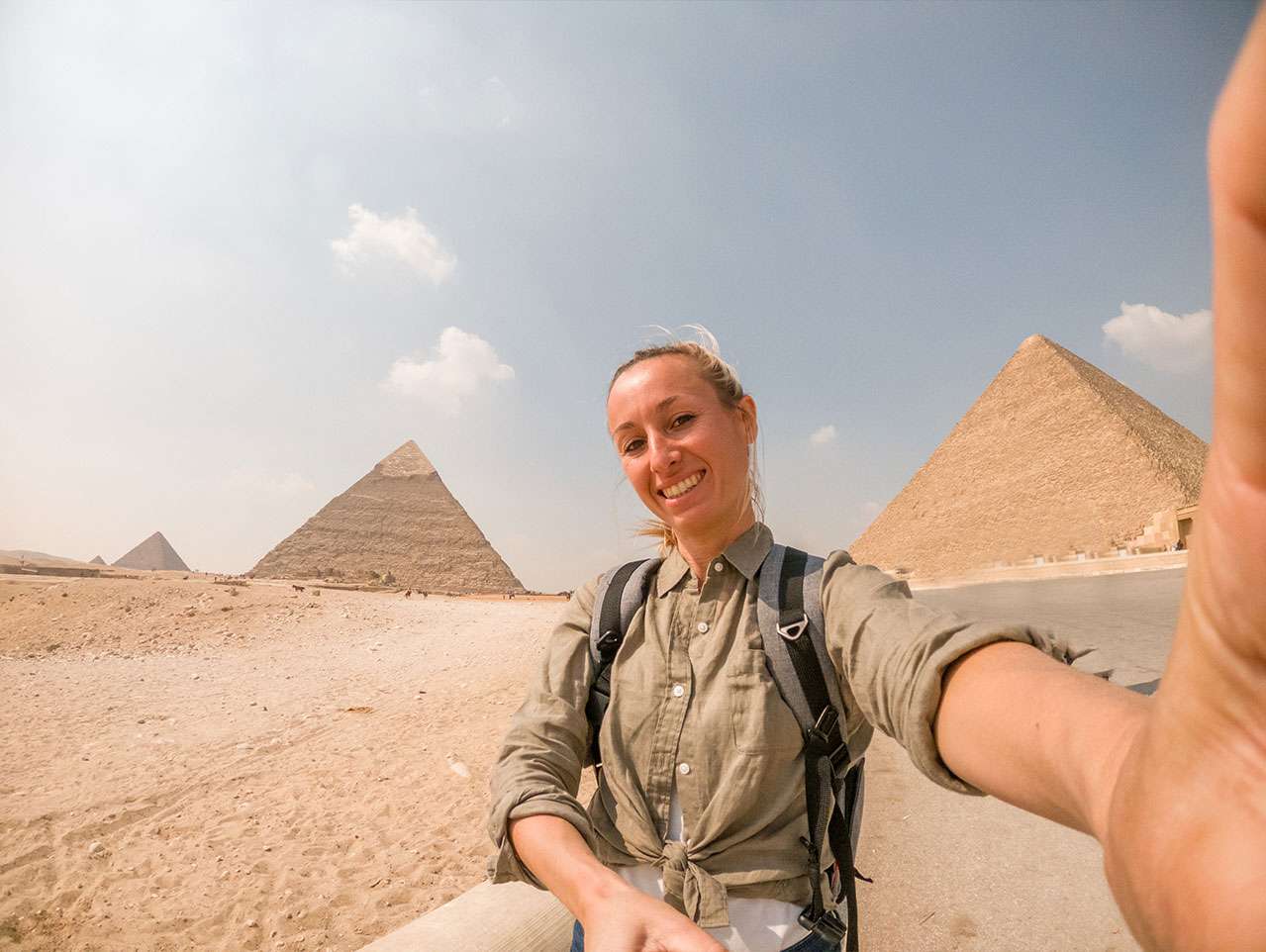
Aswan City Egypt
Aswan's original inhabitants are the Nubians, who make up 30% of the population and speak their own language. The remaining Arabs, who arrived following the Islamic invasion, speak Arabic.
Aswan, the epitome of the Middle East, is a country of beauty and charm. It is known for its mild temperatures, uncommon plant islands, and rock Nile islands that surround the city and extend from the high dam to the north of Edfu.
Some residents of the Nubian villages and islands depend on farming and making crafts for a living, while others have taken up positions in the government. In addition to the main city of Aswan, which offers full services, the nearby islands also have access to hospitals, schools, and transportation, though some of the islands are uninhabited because they are thought to be archaeological sites, such as the crocodile island and elephantine island, which once connected the South and North. In addition to Luxor city, Aswan is regarded as a major entrance to southern Egypt and a significant source of revenue for the nation.
History
Pharaohs used to ship pink and black granite stones and limestones from Aswan to build their pyramids, just as queen Hatshepsut did to make her temple and obelisks. Aswan was known as "Sonu" in ancient Egyptian and meant the market. It serves as a commercial hub for convoys traveling from and to Nubia. The significance of this city first became apparent in the ancient kingdom when pharaohs wanted to ensure the security of the kingdom's southern frontiers. It was also a military army's command center and played a vital role in the war against Hyksos. Old-fashioned Egyptian-style temples were built during the Roman era, a time when the gods and myths of Egypt greatly liked the Romans.
Philae (the name of a group of temples of which Isis is part) got its name from the Greek word Philo, which means loving or love, in reference to the temple dedicated to remembering the love of the sincere wife of her husband who was betrayed by his brother Set, the god of evil. The emperor Trajan built a small temple there to get closer to the Egyptian people.
Then, during the early Christian era, churches were built inside temples as Christianity expanded over the nation in the fifth century.
Following that came Islamic innovation, which led to the establishment of three schools in Aswan in the sixth and seventh centuries.
Check out our Trip Packages Now!

Things to do in Aswan
Aswan continues to be a bustling business and tourist hub today in addition to having a remarkable past. One of the reasons for this is its renowned dams, which are frequently included on tours of the city's landmarks and have a considerable impact on Egypt's economic and cultural growth.
The ancient stone quarries from which the pyramids, sculptures, and other monuments were made are located in Aswan, and seeing the Unfinished Obelisk, which is still partially connected to the rock from which it was cut 3500 years ago, is one of the highlights of any journey to the city.
The remnants of several mud-brick domed tombs from the ninth century may be seen at the nearby Fatimid Cemetery, making for an intriguing quick stop on the route to or from the quarry.
The city of Aswan is also home to a number of museums, one of which is devoted to a different aspect of Egypt: the culture and history of the Nubian people. For those fortunate enough to have a good amount of time to spend in Aswan. If this piques your curiosity, you should go to Gharb Soheil, also known as the Nubian Village, which is close to Aswan and accessible by a short Nile boat ride. The southern part of Egypt is home to Aswan, a mythical city that was originally known as Swenett. The ancient Egyptian word "Soun," which means souk or market, is the origin of the term Aswan. Due to its importance as a strategic entrance to the South, Aswan acquired its name. It served as the primary source of granite for obelisks and sculptures in antiquity.
Aswan is renowned for its serene atmosphere, rich ancient monuments, and stunning views of the Nile Valley. It is the ideal winter getaway because of its mild, year-round weather.
The city offers beautiful vistas and attractions for those who want to take a felucca trip across the Nile (Egyptian sailboat). The river runs lazily from Lake Nasser via a number of islands that are encircled by the flora and black rock. You may discover Aswan's rich history and culture by sailing to historical locations including Philae, the Elephantine Island, the Aswan Museum, the Agha Khan Mausoleum, the Monastery of St. Simeon, and the Botanical Island. The Nubian Museum, the Temple of Kom Ombo, and other magnificent ancient sites are nearby.
Along with its historical attractions, Aswan also provides visitors with a distinctive cultural experience in the "Gharb Seheyl" Nubian Village. You can find the final remains of the Nubian culture by exploring the vibrant village.
Tailor-Make Your Dream Egyptian Package Now!

related tours

Treasures of Egypt Travel Packages
7 Days / 6 Nights
From
$ 1280

Best Travel Packages to Egypt with Abu Simbel
8 Days / 7 Nights
From
$ 1445

Egypt Vacation Package
12 Days / 11 Nights
From
$ 1699

Pyramids and The Nile
8 Days / 7 Nights
From
$ 1755

Pyramids, Nile and Sharm El Sheikh Package
12 Days / 11 Nights
From
$ 2370
